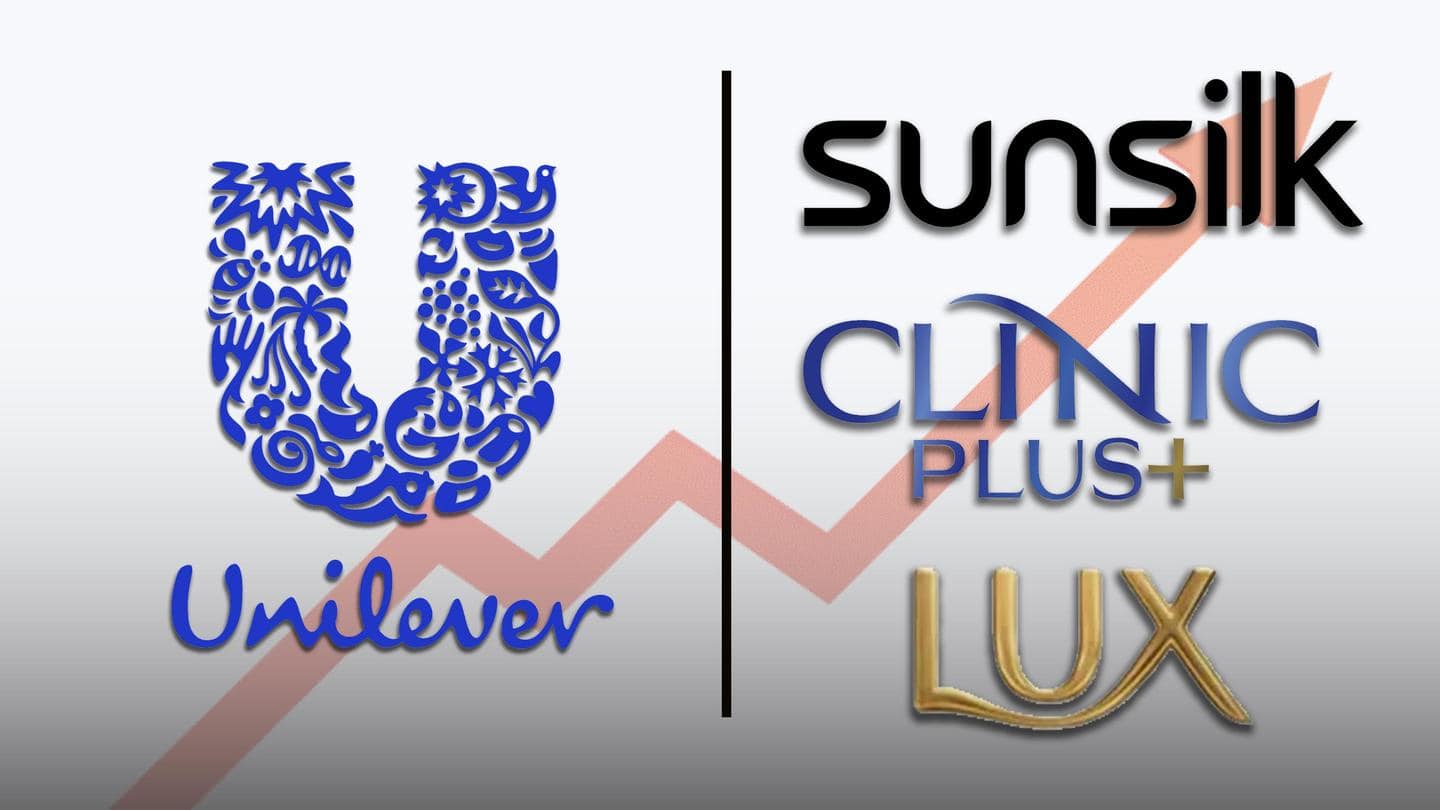
Hindustan Unilever hikes product prices for second time within month
What's the story
Indian consumers are likely to bear face an extra burden on their pockets as the country's FMCG giant Hindustan Unilever (HUL) raised product prices by up to 15% across categories, CNBC-TV18 reported on Friday.
According to the report, the company increased the prices of its goods for the second time in a month as it had last hiked the rates only in April.
Context
Why does this story matter?
The Russia-Ukraine war has resulted in supply chain disruptions for most Indian companies.
It has also increased input costs for manufacturers. To manage the situation, several companies have been raising their product prices across sectors.
Another factor for the hike in FMCG product prices is said to be Indonesia's ban on palm oil exports. It's the main ingredient in shampoos and soaps, among others.
Price rise
What HUL goods will see increase in prices?
Following Hindustan Lever's latest price hike, the cost of Sunsilk shampoo has reportedly increased by Rs. 8-10 across variants, while that of 100ml Clinic Plus shampoo has risen by 15%.
Similarly, the prices of Pears soap, Lux soap, Ponds talcum powder, and Glow & Lovely products have jumped by 2.4-3.7% 9%, 6-8%, and 5-7%, respectively.
Statement
Raising prices will be our last resort: HUL CEO
As the Reserve Bank of India (RBI) increased interest rates in an off-cycle monetary policy review on Wednesday, HUL CEO Sanjiv Mehta had said price hikes would be the company's last resort.
"We will take cost-saving measures but price rise will be the last resort for HUL," he had said.
Mehta, however, said stress on volumes would decrease once commodity prices see a decline.
RBI
What was RBI's recent decision?
On Wednesday, the RBI decided to raise its repo rate by 40 basis points to 4.4% to curb inflation.
The decision was taken in line with the recommendations of the Monetary Policy Committee.
India's retail inflation accelerated to 6.95% in March, indicating a sustained surge in food prices.
To recall, the inflation rate—measured by Consumer Price Index (CPI)—was 6.07% in India earlier in February.
Details
Impact of Indonesia's ban on palm oil exports
India is the world's biggest palm oil importer and buys about 8.5 million tons of it, accounting for about 63% of its total edible oil imports.
Indonesia is India's largest provider, followed by Malaysia.
Earlier, Mehta said the impact of Indonesia's ban would be transitory.
However, he predicted palm oil prices would climb in India in the coming months, possibly raising inflation rates further.